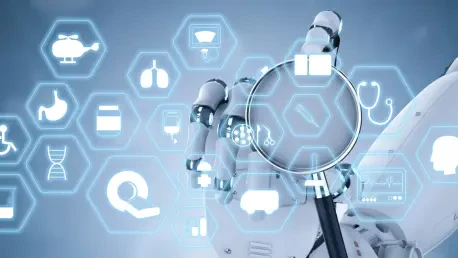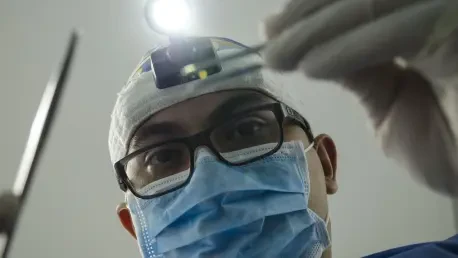
The recent transition of Omada Health to a publicly traded company marks a pivotal moment in the evolving narrative of digital health. This is not an isolated event but rather indicative of a shift toward renewed interest in this sector's public offerings. The industry's landscape, which

In today's rapidly evolving world of technology and healthcare, artificial intelligence is making remarkable strides in reshaping medical practices. James Maitland, an expert in robotics and IoT applications in medicine, offers insightful perspectives on how AI can be a transformative force in

A recent survey unearthed a striking statistic: a mere 14% of Greek healthcare providers have access to integrated digital health records. This significant figure, coupled with widespread dissatisfaction among users, serves as a powerful reminder of Greece's pressing need for digital health

The stock of Hims & Hers Health (NYSE:HIMS) has experienced a remarkable 158% surge over the past year, an eye-catching ascent that has captured widespread attention. As the healthcare sector undergoes rapid evolution, one pivotal question emerges: How effectively can telehealth solutions bridge

In an era where digital footprints can be as revealing as physical evidence, the issue of whether abortion should be decriminalized has become increasingly pressing. The complexity of this question is amplified by recent police guidance allowing the examination of menstrual tracking apps to

The healthcare industry stands on the precipice of a technological transformation with the integration of artificial intelligence, particularly generative AI. This cutting-edge technology holds the promise of addressing some of the sector's most pressing challenges, including the acute shortage of